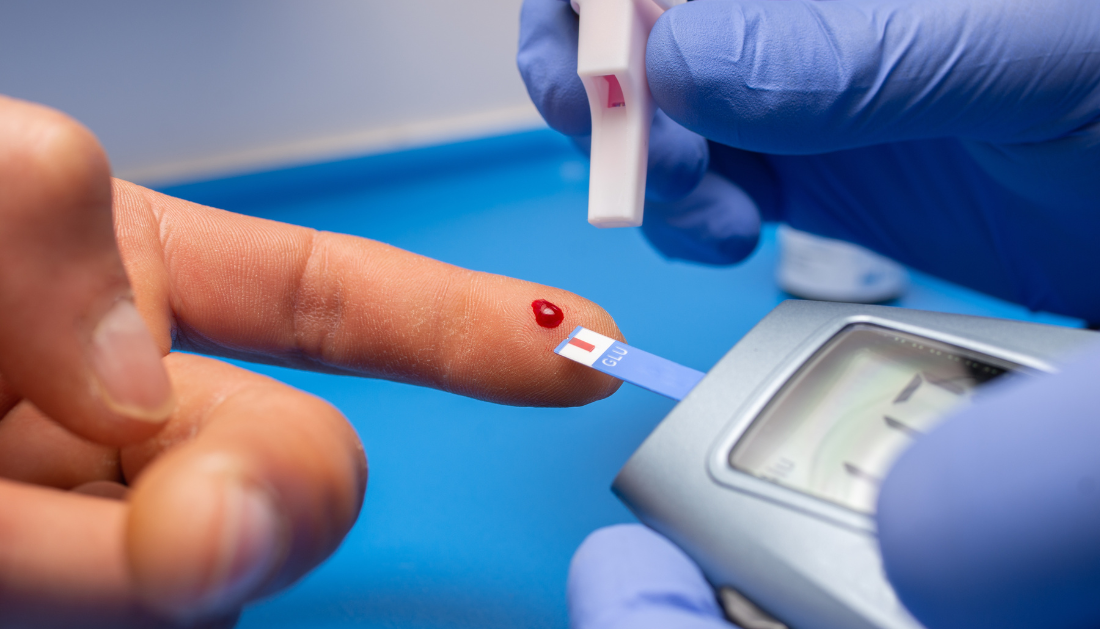

A secondary review of clinical trial data published in the open access journal BMJ Nutrition Prevention & Health suggests that the diabetes medicine dulaglutide (Trulicity) may considerably minimize a woman’s chance of considerable weight gain after quitting smoking.
According to the study, women are five times more likely than men to gain weight after stubbed out what they intend to be their final cigarette.
Women appear to have higher relapse rates than males. According to the researchers, one possible explanation for this is that they are more concerned about the possibility of large weight gain after quitting, however there is no solid data to support this.
A previously published clinical experiment found that, when compared to a dummy therapy, the diabetes medicine dulaglutide dramatically prevented weight gain in those who had quit smoking. According to the researchers, it is unclear whether this weight loss is gender specific.
They re-analyzed the study data to see if there were any gender variations in weight loss or gain in the 12 weeks following attempting to quit smoking.
There were 255 adults in the experiment, with 155 of them being women. For a period of 19 to 22 years, the average age varied from 42 to 44, and the number of cigarettes smoked daily averaged 20.
For a 12-week period, subjects were randomly randomized to receive either 1.5 mg/0.5 ml dulaglutide or 0.5 ml dummy therapy, as well as the smoking cessation medicine varenicline 2 mg/day and behavioral counseling.
Dulaglutide mimics the effects of the hormone GLP-1, which is naturally produced in the gut in response to meals, and hence aids in the regulation of blood glucose levels and weight growth.
Weight averaged just over 72 kilos for women (BMI 26) and just over 92.5 kilos for males (BMI 29) at the start of the experiment.
When compared to a dummy medication, dulaglutide reduced the risk of weight gain in both sexes after 12 weeks.
Women on dulaglutide lost 1-2 kilograms, while women in the dummy treatment group gained 2-2.5 kilograms.
Men using dulaglutide lost little over half a kilogram compared to a weight gain of over two kilograms in the dummy treatment group.
Although weight change did not differ between sexes in general, women were more likely to gain a lot of weight. And, among women, dulaglutide was associated with a considerably decreased risk of considerable weight gain (defined as an increase of more than 6%).
Significant weight gain was nearly five times as likely in women than in men in the dummy treatment group: 24% vs 5%.
Similarly, significant weight gain in women using dulaglutide was significantly lower than in those receiving a placebo: 1% (1 out of 83) vs 24% (17 out of 72). Men experienced no such effects: 0% (0/44) vs 5% (3/56).
However, the researchers note that the favorable benefits of dulaglutide on weight had no effect on short-term quit rates in either men or women, which were both reasonably high: 98 (63%) in women and 65 (65%) in men (65%).
The researchers warn that the risk of weight gain after quitting smoking may alter over time or rely on other factors such as nicotine dependence or age.
“Our data suggest that an adjunct dulaglutide diabetes medicine could be particularly useful for patients facing a high risk of significant weight gain after smoking cessation, such as women,” they conclude.
“Another target group could be individuals of both genders who failed several cessation attempts due to weight gain.”
For more information : Gender differences in weight gain during attempted and successful smoking cessation on dulaglutide treatment: a predefined secondary analysis of a randomised trial, BMJ Journal,https://doi.org/10.1136/bmjnph-2023-000781
more recommended stories
 Nanoplastics in Brain Tissue and Neurological Risk
Nanoplastics in Brain Tissue and Neurological RiskKey Takeaways for HCPs Nanoplastics are.
 AI Predicts Chronic GVHD Risk After Stem Cell Transplant
AI Predicts Chronic GVHD Risk After Stem Cell TransplantKey Takeaways A new AI-driven tool,.
 Red Meat Consumption Linked to Higher Diabetes Odds
Red Meat Consumption Linked to Higher Diabetes OddsKey Takeaways Higher intake of total,.
 Pediatric Crohn’s Disease Microbial Signature Identified
Pediatric Crohn’s Disease Microbial Signature IdentifiedKey Points at a Glance NYU.
 Nanovaccine Design Boosts Immune Attack on HPV Tumors
Nanovaccine Design Boosts Immune Attack on HPV TumorsKey Highlights Reconfiguring peptide orientation significantly.
 High-Fat Diets Cause Damage to Metabolic Health
High-Fat Diets Cause Damage to Metabolic HealthKey Points Takeaways High-fat and ketogenic.
 Acute Ischemic Stroke: New Evidence for Neuroprotection
Acute Ischemic Stroke: New Evidence for NeuroprotectionKey Highlights A Phase III clinical.
 Statins Rarely Cause Side Effects, Large Trials Show
Statins Rarely Cause Side Effects, Large Trials ShowKey Points at a Glance Large.
 Anxiety Reduction and Emotional Support on Social Media
Anxiety Reduction and Emotional Support on Social MediaKey Summary Anxiety commonly begins in.
 Liquid Biopsy Measures Epigenetic Instability in Cancer
Liquid Biopsy Measures Epigenetic Instability in CancerKey Takeaways Johns Hopkins researchers developed.

Leave a Comment